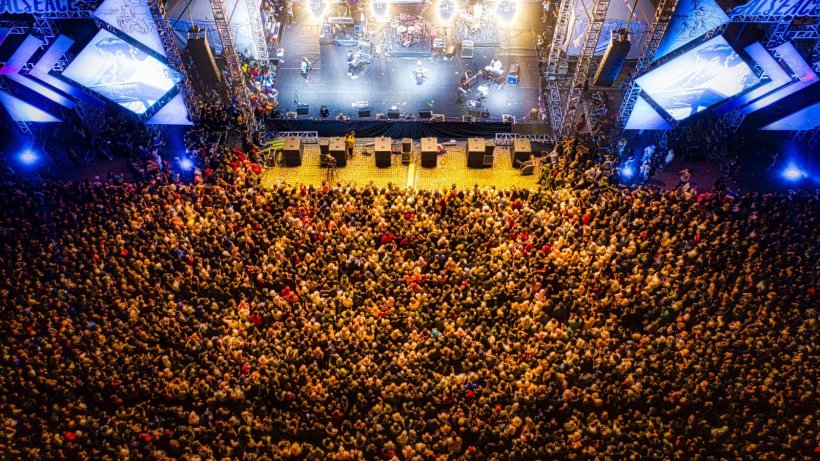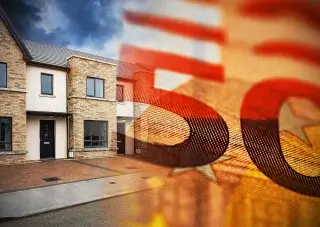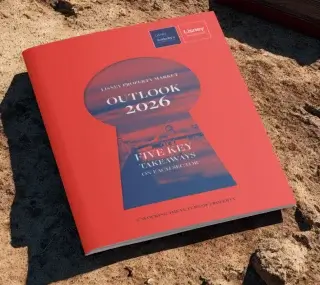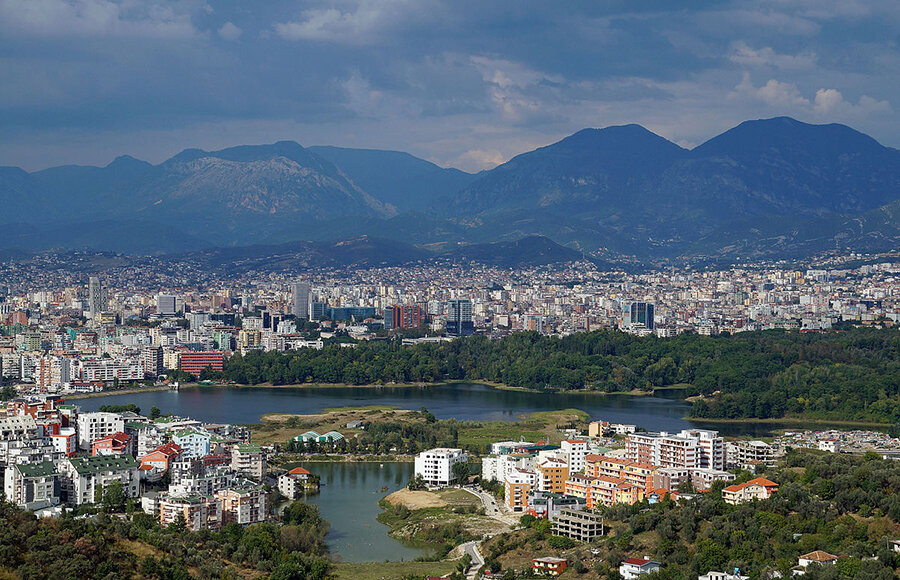read also
 Asset Reinvention Reshapes Thailand’s Hotel Market
Asset Reinvention Reshapes Thailand’s Hotel Market
 Europe’s Event-Driven Tourism Grows Strongly in 2025
Europe’s Event-Driven Tourism Grows Strongly in 2025
 More Than 11,000 Flights Canceled in the U.S. Over Three Days
More Than 11,000 Flights Canceled in the U.S. Over Three Days
 Iceland’s Four-Day Workweek Five Years On
Iceland’s Four-Day Workweek Five Years On
 Mortgage Approvals in Ireland Slump Sharply in January
Mortgage Approvals in Ireland Slump Sharply in January
 Lisney Property Market Outlook: Irish Property Market Poised for Steady Growth in 2026
Lisney Property Market Outlook: Irish Property Market Poised for Steady Growth in 2026
Вusiness / Real Estate / Analytics / Tourism & hospitality / News / Albania / real estate Albania 20.02.2025
Albania to Monitor Cash Transactions

The Albanian government is strengthening measures to prevent money laundering. Under new regulations, notaries, lawyers, and real estate agents are required to report transactions starting from one million leks (€10,000), writes the Albanian Construction Portal. Such transactions are considered suspicious even if they are conducted in multiple stages.
The full list from the country’s Ministry of Finance includes organizations related to gambling, such as casinos and racetracks, as well as those dealing with precious metals and stones. The obligation also applies to auditors, accountants, tax consultants, lawyers, notaries, real estate agencies, individuals, and legal entities managing third-party assets or trading goods and services while accepting cash payments. Tourism and construction companies must also report such transactions.
Particular scrutiny will be given to the sale and purchase of auctioned items worth one million leks or more, as well as transactions and mediation in acquiring or selling artworks at the same price. It does not matter whether the funds are transferred in a single payment or through several linked transactions.
The following activities are also classified as suspicious:
Storage and management of cash or easily convertible securities on behalf of third parties
Logistics and transportation services
Trade of land, water, and air transport vehicles
Documents related to customer verification, account data, transactions, client correspondence, and results of conducted analyses must be kept for at least five years. A special form, the “Suspicious Activity Report” (RAD), is used to notify authorities about suspicious transactions.
These changes could be relevant for those planning to make cash payments, including for real estate purchases or deposits. In Europe, the initial down payment typically ranges from 10% to 30%, meaning buyers might exceed the limit. Additionally, in many EU countries, cash transactions over €5,000–10,000 are considered illegal.
It is possible that Albania is preparing for its anticipated entry into the European single market, which is expected by 2030. Negotiations have started, but there are no guarantees. The country applied for EU membership in 2009 and obtained candidate status in 2014 but previously did not meet EU standards. These standards include financial transparency, data collection and processing, judicial system integrity, human rights protection, and security. Since 2022, Albania has entered a new phase of engagement with EU officials, achieving some progress, but key issues such as the rule of law and human rights compliance still need to be addressed.
The new rules may cause some inconvenience for investors, particularly from Russia. However, Russian citizens are already prohibited from holding more than €100,000 in EU bank accounts. Meanwhile, Albania’s new development strategy also includes increasing taxes for owners of two or more residential properties. The new tax rates are expected to be introduced in 2026, along with changes in the benefits system. The goal is to reduce the number of vacant apartments, which currently exceeds 356,000.
According to the Ministry of Finance, Albania’s property tax revenue accounts for 0.3% of GDP, while the regional average is around 0.8%. The planned tax system revision will introduce rates ranging from 0.1% to 0.2% of the property’s value, which is two to four times higher than the existing rates.
According to the Numbeo platform, as of February 2025, the average rental yield on real estate in Albania ranges from 4.70% to 5.57%. The average price per square meter in the city center is €2,500, while outside the center, it is €1,363. In Tirana, rental yields are 4.51%–5.72%, with prices ranging from €1,500 to €2,940 per square meter. In Vlorë, the yield is 4.48%–5.21%, with an average price of €1,087 on the outskirts and €1,500 in central areas. In Durrës, the yield is 5.06%–5.51%, with prices ranging from €956 to €1,434 per square meter.


